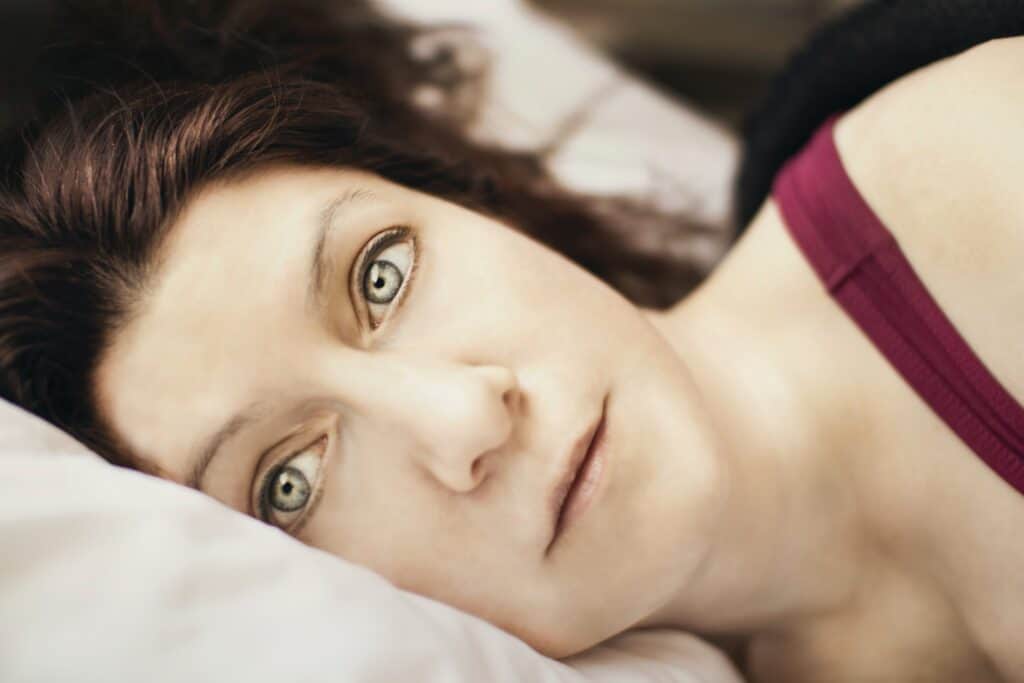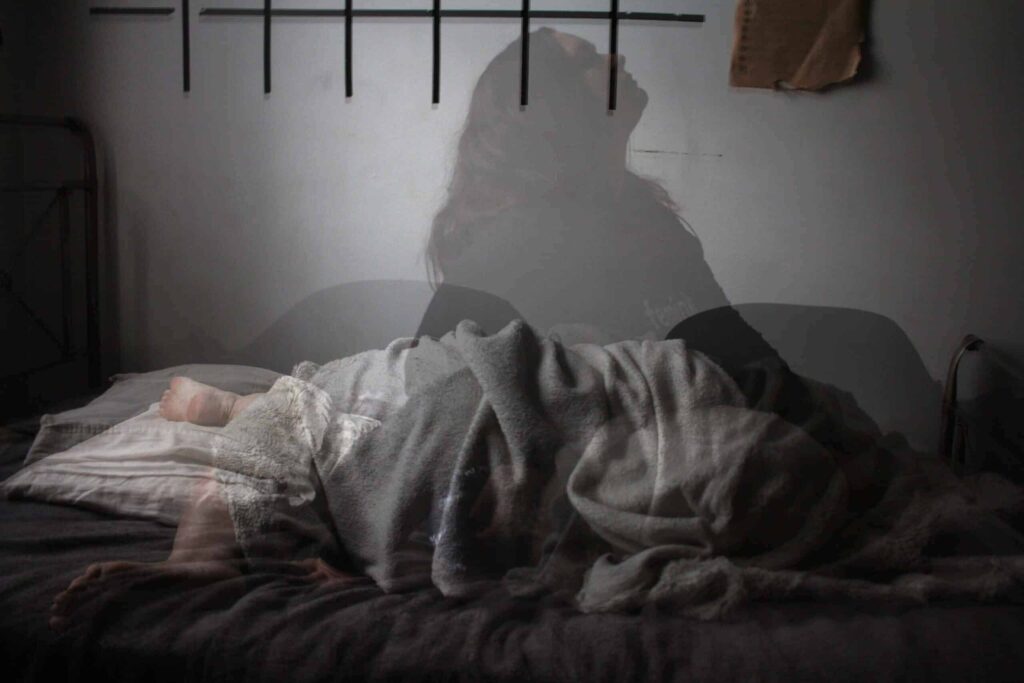It is normal to have occasional sleepless nights. But when you can’t directly attribute sleepless nights to more caffeine or a crying baby, it could signify a health problem. Every time you visit your doctor, ensure you discuss any persistent lack of sleep.
It’s hard for physicians to understand the direct relationship between sleep and depression because of its extensive bi-directional nature. Sleep disorders untreated increase depression risk. A typical psychiatric practice reports that chronic sleep problems affect up to 80% of all patients. To ensure your mind and body are getting the rest they need, you should know if your sleep pattern changes drastically.
How Are They Related?
There is a bidirectional relationship between depression and sleep issues. As a result, a person suffering from depression is more likely to experience sleep issues, and poor sleep can make them more prone to depression. Because of this complex relationship, it is difficult to say whether depression or sleep issues came first.
Insomnia, hypersomnia, and obstructive sleep apnea are sleep issues associated with depression. About 75% of patients with depression have insomnia. About 15% of people with depression suffer from hypersomnia, and 20% from obstructive sleep apnea. When someone suffers from depression, they may switch between insomnia and hypersomnia.
Changes in neurotransmitters, such as serotonin, may lead to depression in sleep-deprived individuals. Disrupting sleep can cause the body’s stress system to malfunction, altering circadian rhythms and causing depression. Primary depression patients often report improved sleep quality after treatment
Depression & Insomnia Both Make Each Other Worse
What comes first? Both are possible starting points. A poor night’s rest may make it difficult for you to manage your emotions, which may lead to depression months down the road. A person with depression will experience difficulty sleeping every night, leading to fewer restorative slow-wave cycles.
Stress from your daily life — financial worries, arguments with your spouse, or traffic jams on your way home from work — could also contribute to more nighttime wake-ups and more difficulty falling back to sleep for someone with depression. The relationship between insomnia and depression can help you spot risks early, get the right help, and recover more fully if you experience both. You can enjoy life again when you feel healthy and well-rested.
Can treatment make them better?
Cognitive-behavioral therapy and continuous positive airway pressure (CPAP) devices are treatments for insomnia and apnea, helping you stay healthy and avoiding other like depression.
Psychotherapy is an effective treatment for depression. The goal of therapy is to recognize, assess, and change unhealthy thought patterns.
Your therapist can offer support and help you solve everyday problems. You can learn how to deal with the symptoms of depression and create a more efficient schedule and get help as you do your best to overcome it.
Sleep hygiene specialists can identify problems with sleep hygiene and provide suggestions for improving certain habits. Sleep can also improve as your mental health improves.
If you suffer from sleep problems or depression, speaking with a counselor may be a turning point.

Your doctor should know if you:
- Can’t sleep or can’t stay asleep
- Have excess daytime fatigue
- Feel physical pain, discomfort, or other complaints that interfere with your ability to sleep well (such as signs of sleep apnea or breathing pauses at night)
Tips For A Restful Night’s Sleep
Without some strategy, managing the combination can be challenging. But with the right help, sleep problems and depressive disorders are both treatable, whether separately or together. The following are some solutions.
Working Out
You fall asleep faster, and your sleep is also better when you exercise. Specifically, aerobic exercise keeps you alert throughout the day by releasing endorphins to your system. In the evening, as endorphins return to normal levels, sleeping becomes effortless. When you exercise, you also raise your internal temperature, and when that temperature goes back down, you may become sleepy. Regular exercising can stabilize mood disorders.
Eating Healthy
You can get a better night’s sleep by eating and drinking well. A healthy diet affects how your brain works and can help with sleep problems and reduce depression symptoms. You might find the following suggestions helpful:
- Start with a hearty breakfast and eat a light dinner
- Keep caffeine and alcohol at a distance
- Consume foods rich in nutrients
- Eat less spicy or fattening foods at night
- Eat fewer refined sugars
- Keep yourself hydrated by drinking adequate water
- Snack before going to bed
Hygiene in Sleep
To sleep well, you must practice good sleep hygiene. As you improve your sleep hygiene, you may experience longer, more restful sleep. Some sleep-enhancing habits include:
- Avoid long naps in the day
- Don’t drink alcohol, caffeine, or smoke right before bedtime
- Sleep in a dark room at night and get enough natural light during the day
- During the hour before sleep, avoid using electronic devices
- Bathe in warm water before you sleep
- Maintain consistent bedtime and waking schedule
- Keep your bedroom comfortable, quiet, and relaxing
- Get seven hours of sleep per night
- Use your bed for sleep or sex only
Prescription Medications
You can speak with one of our therapists if you are having trouble sleeping. The effects of prescription drugs on sleep vary. Although they can help you sleep faster, you might not sleep longer. Those with a prolonged impact can leave you feeling sleepy the next day. If you have insomnia, you may need to use these sleeping aids for a short period to get back on track. Depression medications may also help you sleep better and improve your symptoms.
Make sure you let your doctor know whether you notice any side effects from the sleeping pills, as well as when and how long you sleep. Our therapists can offer several options to assist you with your sleep problems. We can provide you with suggestions on how to improve sleep-related habits and spot sleep hygiene problems. You will also benefit from improved sleep as your mental health becomes better.



